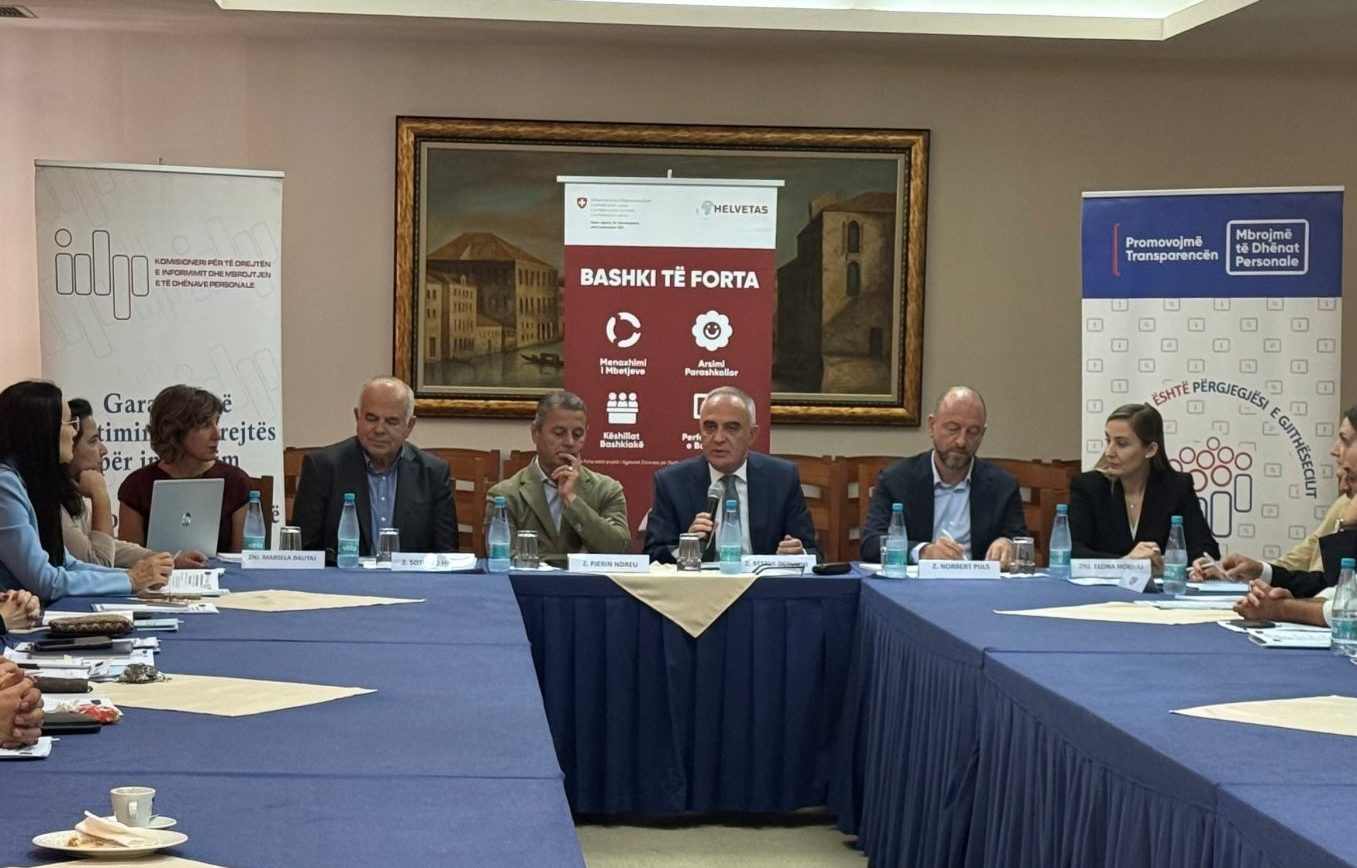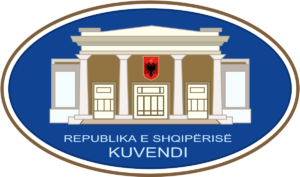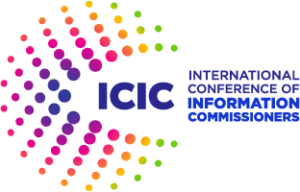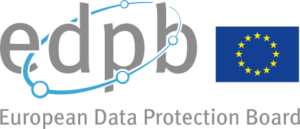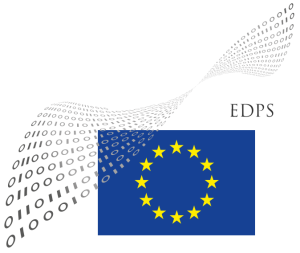The Information and Data Protection Commissioner’s Office, in cooperation with the Helveta Strong Municipalities project and the Institute for Democracy and Mediation, organized on September 29, 2025 in the city of Lezha an activity dedicated to the International Day for the Right to Information, an event that emphasizes the importance of transparency, open governance and public accountability.
At the opening of the event, the Information and Data Protection Commissioner, Mr. Besnik Dervishi, emphasized the essential role of the right to information as one of the fundamental human rights and freedoms, sanctioned in the Constitution.
“The right to information is a key tool to increase public trust, strengthen democracy and guarantee citizen control of government. This day reminds us every year that transparency is not simply a legal obligation, but a daily work culture that strengthens the relationship between citizens and institutions,” he said.
Dervishi thanked the organizers and partners: Helveta’s “Strong Municipalities” project, represented by director Norbert Pijls, the Institute for Democracy and Mediation (IDM) headed by Mr. Sotiraq Hroni, as well as the Municipality of Lezha, represented by the mayor Mr. Pjerin Ndreu.
He underlined the importance of Transparency Programs, which are the basic instrument for the practical exercise of the right to information, emphasizing that the continuous monitoring by the Commissioner’s Office and the improvement of these programs by municipalities constitute an important step towards a more open administration and closer to citizens.
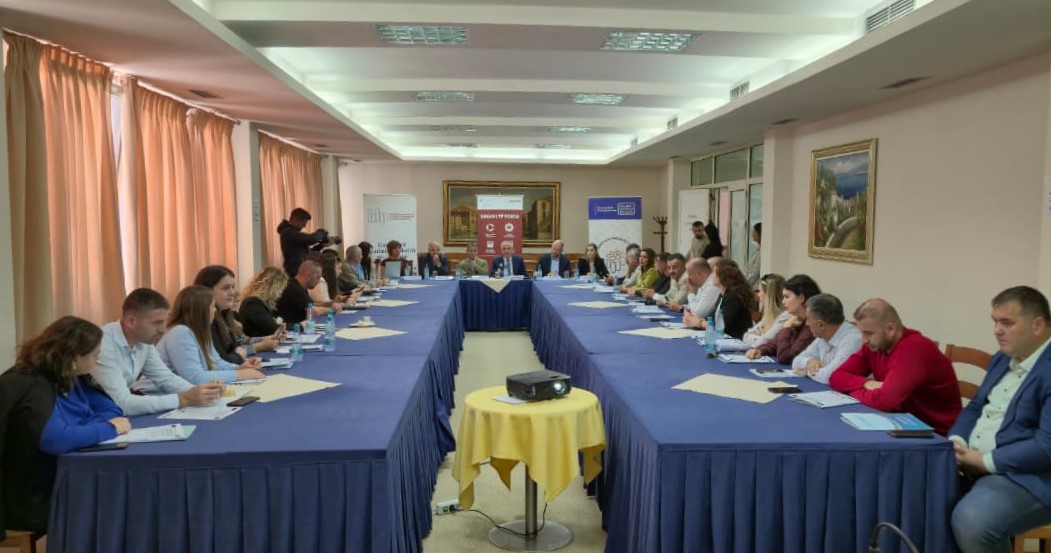
The Mayor of Lezha, Mr. Pjerin Ndreu, emphasized that the municipality he leads, as well as the Municipality of Shkodra, have achieved 100% level of transparency.
“People today have their eyes on the municipality for every job we do. We hold public consultations even though we don’t always have the opportunity to appear in major media, but through networks and our official website we regularly reflect the work. Due to their proximity and direct contact with citizens, municipalities have a special role in strengthening transparency,” said Ndreu.
For his part, Mr. Norbert Pijls, director of the Strong Municipalities project, underlined that without information there is no real impact.
“Transparency is the foundation on which citizen participation is built. If citizens are not informed, they cannot participate responsibly in decision-making. The ‘Strong Municipalities’ project aimed to improve the information infrastructure, for example by enabling municipal council meetings to be broadcast live, which increases access to and trust in local government. The autonomy of municipalities should also be emphasized as the basis for this process,” he said.
In the following, Mr. Sotiraq Hroni, executive director of IDM, focused on the functioning of municipal councils:
“Municipal councils should function at another level, where the mayor should be on the same level as the council president. The role of the council is very important and through their functioning, transparency increases, while the mayor has a great influence on improving the culture of openness towards citizens,” said Hroni.
This activity was an important step to foster dialogue between public institutions, civil society and citizens, with the aim of turning transparency into a daily working practice. This roundtable also marks the first public consultation meeting of the new model of the transparency program for local self-government units and precedes other meetings in the country.
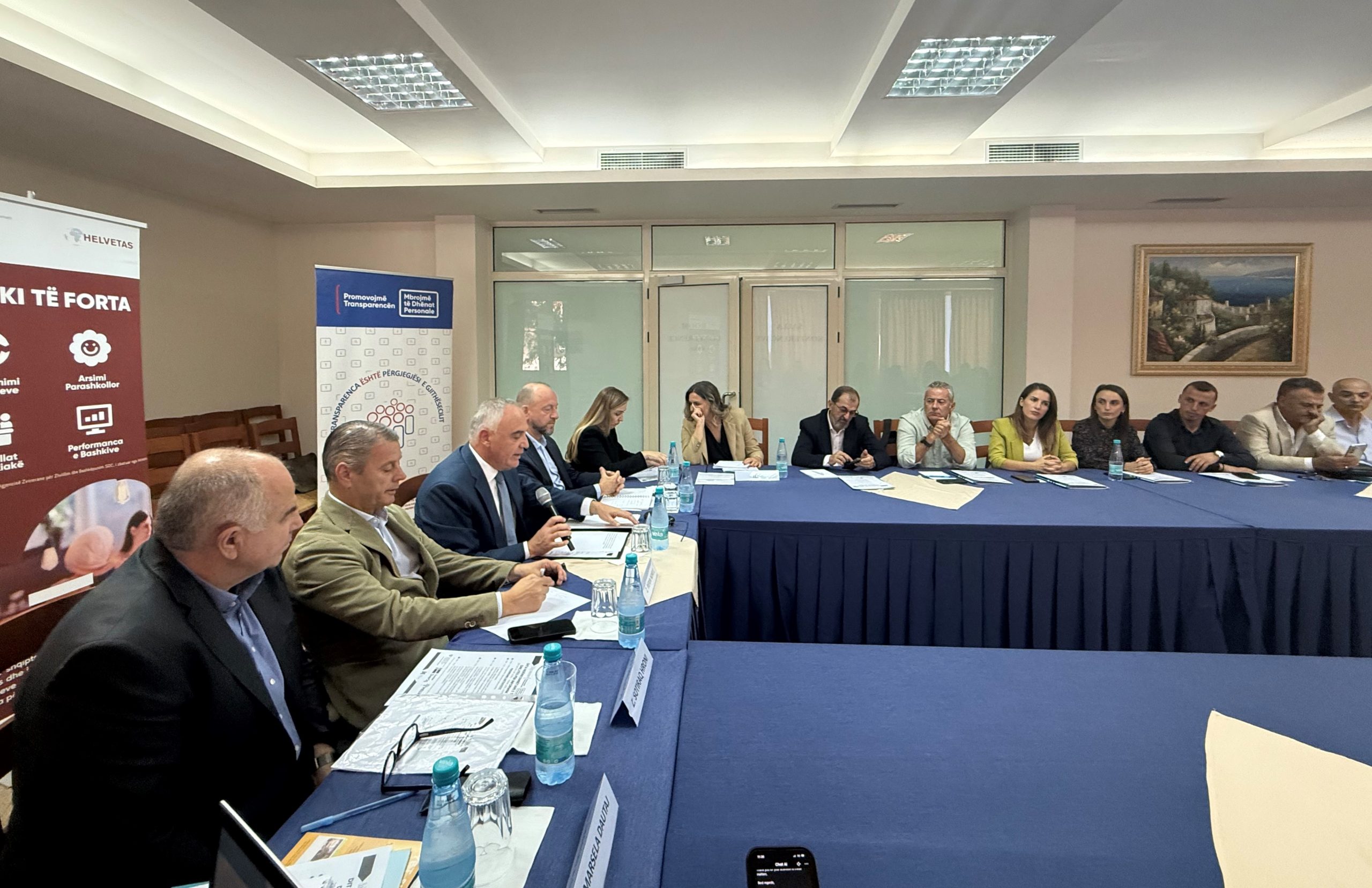
“Let us use the symbolism of this day celebrated around the world to continue our joint efforts for greater transparency and accountability, fostering greater trust between citizens and institutions,” – Commissioner Dervishi concluded his speech.
The activity concluded with the presentation of the new model transparency program for local self-government units and the municipal councils section in this program, respectively by the Director General of the Right to Information at the Commissioner’s Office, Ms. Elona Hoxhaj, and the expert of the Institute for Democracy and Mediation, Ms. Marsela Dautaj.


